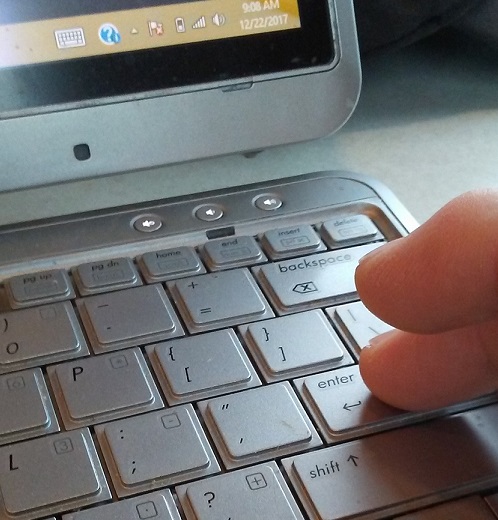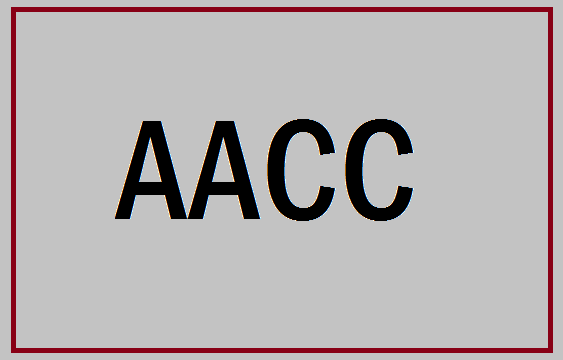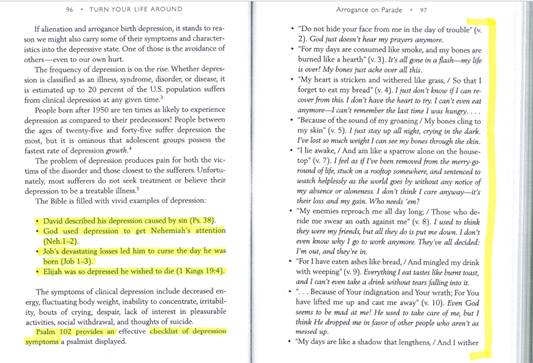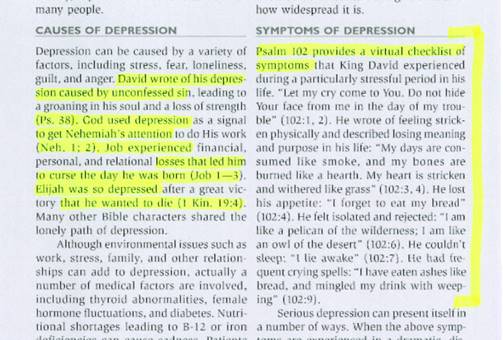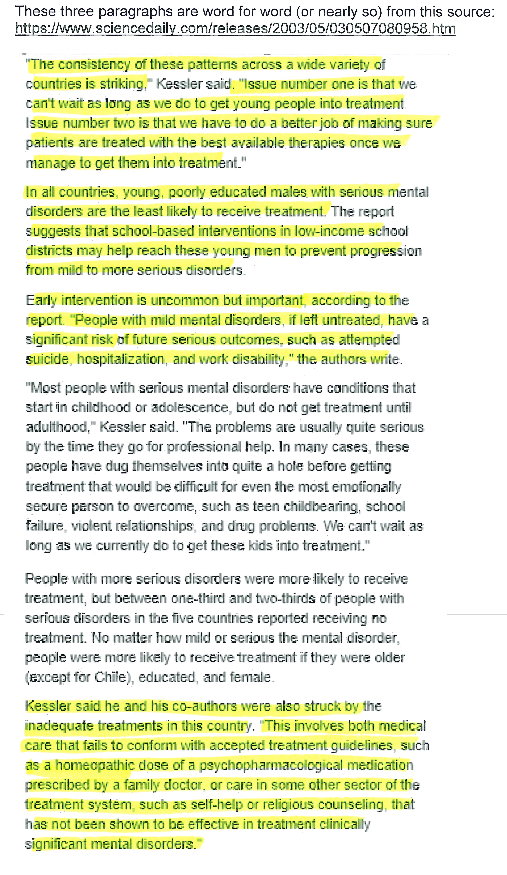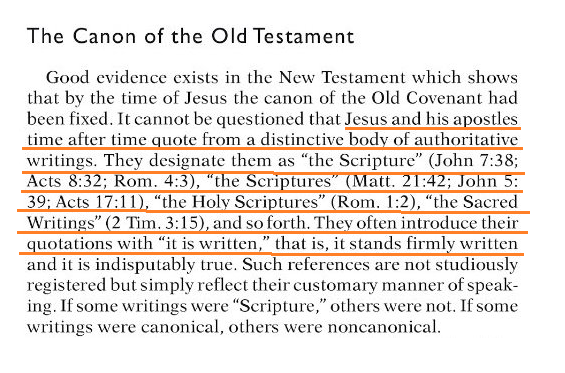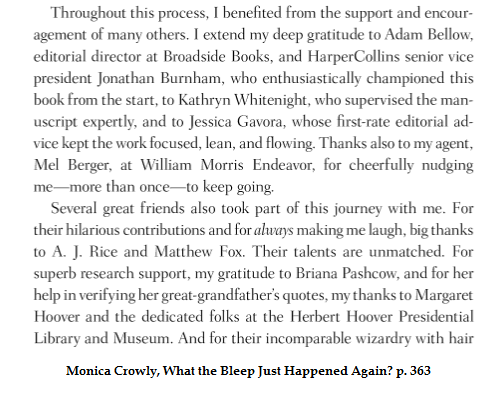Judging by reaction to recent plagiarism cases, I don’t think plagiarism matters much to most Christians.
Of late, professor Aaron New has brought forward multiple clear examples of plagiarism involving Tim Clinton and the American Association of Christian Counseling. I have published most of them on this blog. The response has been interest from the Christian Post but other than that, a resounding yawn. The AACC’s response has been to blame interns and employees and buy software to find plagiarism before they publish it. Tim Clinton’s other organization, James Dobson’s Family Talk has removed articles with plagiarized material but without comment or apology.
Two days ago, Publisher’s Weekly first reported a settlement between Christine Caine and Carey Scott in a plagiarism case. Caine took some of Scott’s work and used it in a recent book. While Caine’s publisher settled with Scott, Caine has remained silent, without comment or apology. She hasn’t explained how Scott’s material ended up verbatim in her book and promotional material (see my post where I demonstrate Caine’s copying). Outside of a few familiar voices on social media, there is little pressure on Caine to explain herself or take responsibility for her actions. Her publisher has not responded to multiple requests for comment. Silence is the strategy.
Yesterday, World magazine’s Mindy Belz examined the tepid apology offered by author Anne Voskamp for plagiarism on Twitter. The apology for one instance of plagiarism (now deleted) was buried in a blog post in such way that it could easily be missed. She hasn’t had much else to say about it. But why should she, very few people seem to care.
And let’s not forget Mark Driscoll who was responsible for citation errors in several books. In 2013, Janet Mefferd first accused Driscoll of borrowing concepts from Peter Jones without appropriate citation. From there, I discovered additional problems in several of his books. Although Driscoll didn’t acknowledge wrongdoing, one of Driscoll’s publishers quietly corrected most of the problems over the course of a year. Today, Driscoll is back with a new book from Charisma publishing.
What is the Solution?
For her article, Belz spoke with publishing industry insiders. She reported that one answer was better plagiarism detection software. My answer is to hold authors to a high standard. They should do their own work. Fewer books would be published but given the repetitive nature of many books published by Christian publishers, that would be a good thing.
I suspect that part of the reason plagiarism is a mild sin among Christian writers and publishers is that enforcing the rules would require Christian authors to write their own material. Thus, ghostwriters and researchers would be out of work. Pretend experts and Christian celebrities would have to develop actual skills and find something novel and interesting to say without the help of paid experts and researchers.
As illustrated by the above situations, publishers aren’t regularly accountable to the public, nor do they require authors to be accountable. Scott had to go to court to get justice. She couldn’t count on Caine and her Christian publisher to do the right thing. Now that the situation is public, Caine isn’t talking. Although I don’t know what is in mind, her silence gives the appearance that she hopes her popularity will get her through this rough patch.
What has surprised me is that lack of response from Christians on social media to these cases. Only a very few members of the American Association of Christian Counselors have called for AACC leaders to be accountable. Very few evangelicals have directly appealed to Clinton, Caine, or Voskamp to take responsibility for their actions. Given the social media reaction, I suspect Christian publishers are content to ride out the few emails and calls they are getting in advance of the next book release. If many Christian consumers cared, they would go to the social media accounts of these authors and ask for answers.
As the Caine case demonstrates, plagiarism is actionable. However, in Christian circles it doesn’t appear to matter as much as it does elsewhere. Plagiarism leads to job loss or sanctions in the news room (e.g., here, here, here) and academia (e.g., here, here). When I contacted the Colson Center about Tim Clinton’s near verbatim use of a Chuck Colson op-ed in one of his articles, their response was to say nothing and let it go.
In academia, we will continue to enforce high standards of plagiarism. However, it is jarring to realize that our students will enter a world where plagiarism matters less when they work in media organizations which promote Christianity than in places which do not identify as Christian.
Like this article and want to see more like it? Support this blog at Patreon.com.
[email-subscribers namefield=”NO” desc=”Subscribe to receive notification of new posts.” group=”Public”]
Image: Warren Throckmorton
